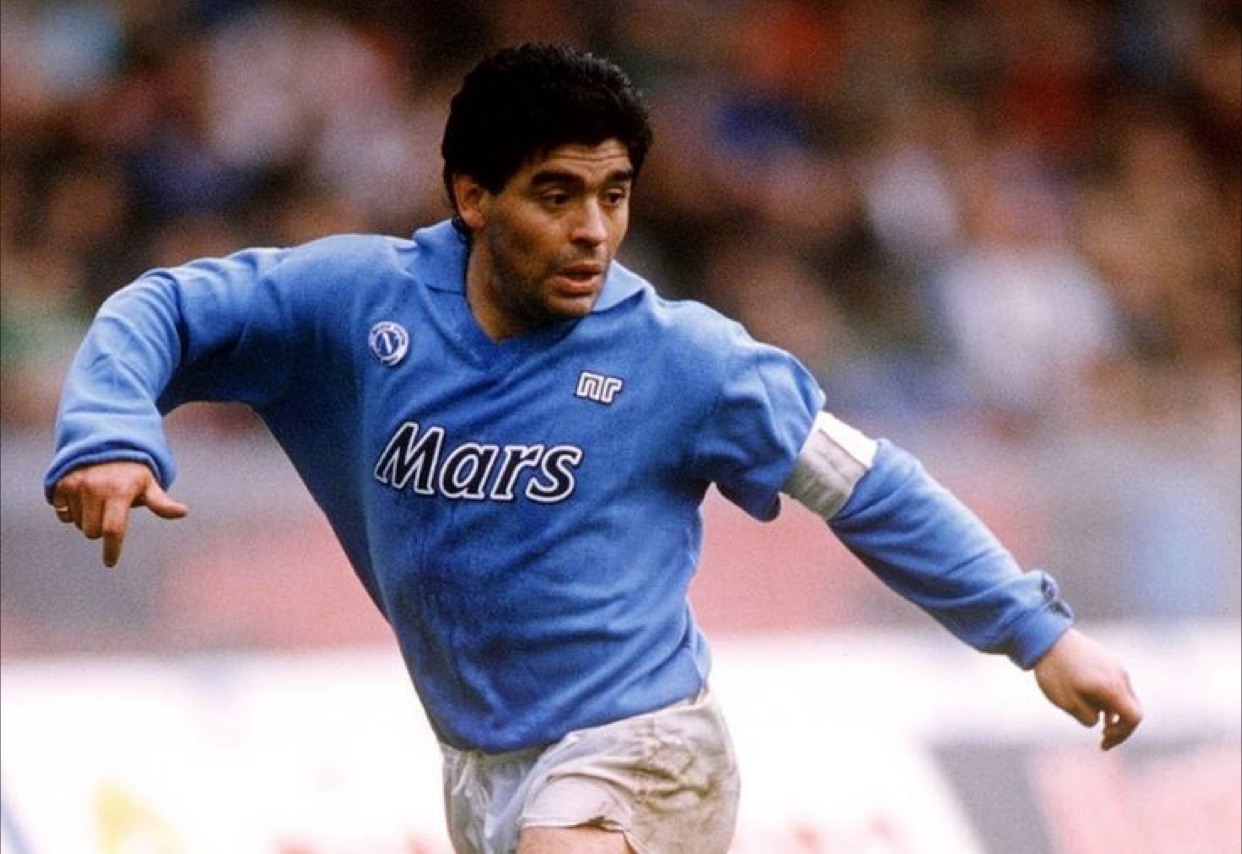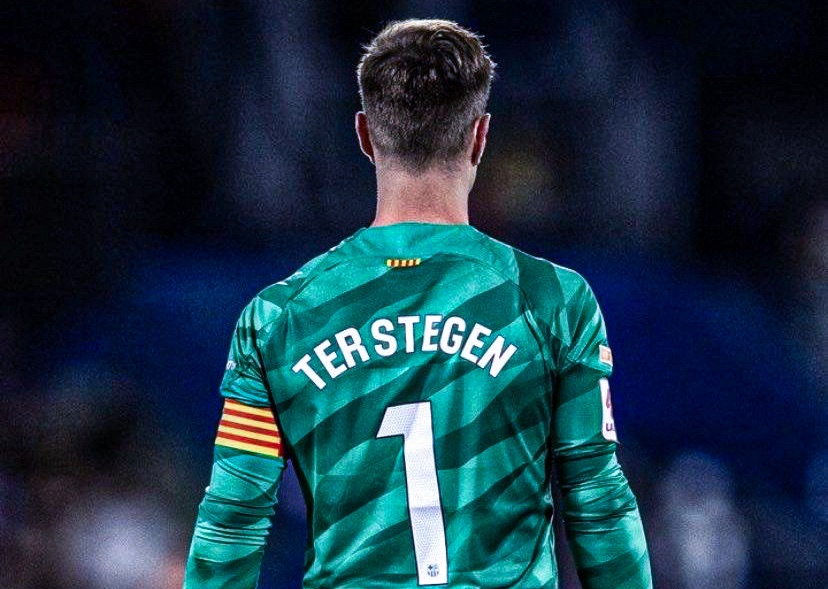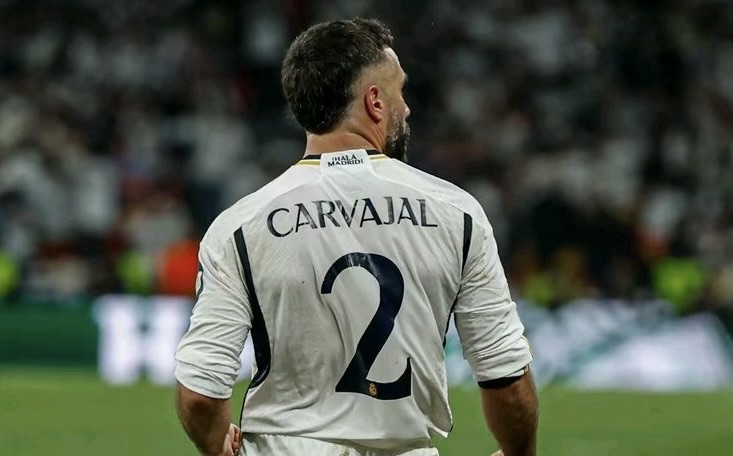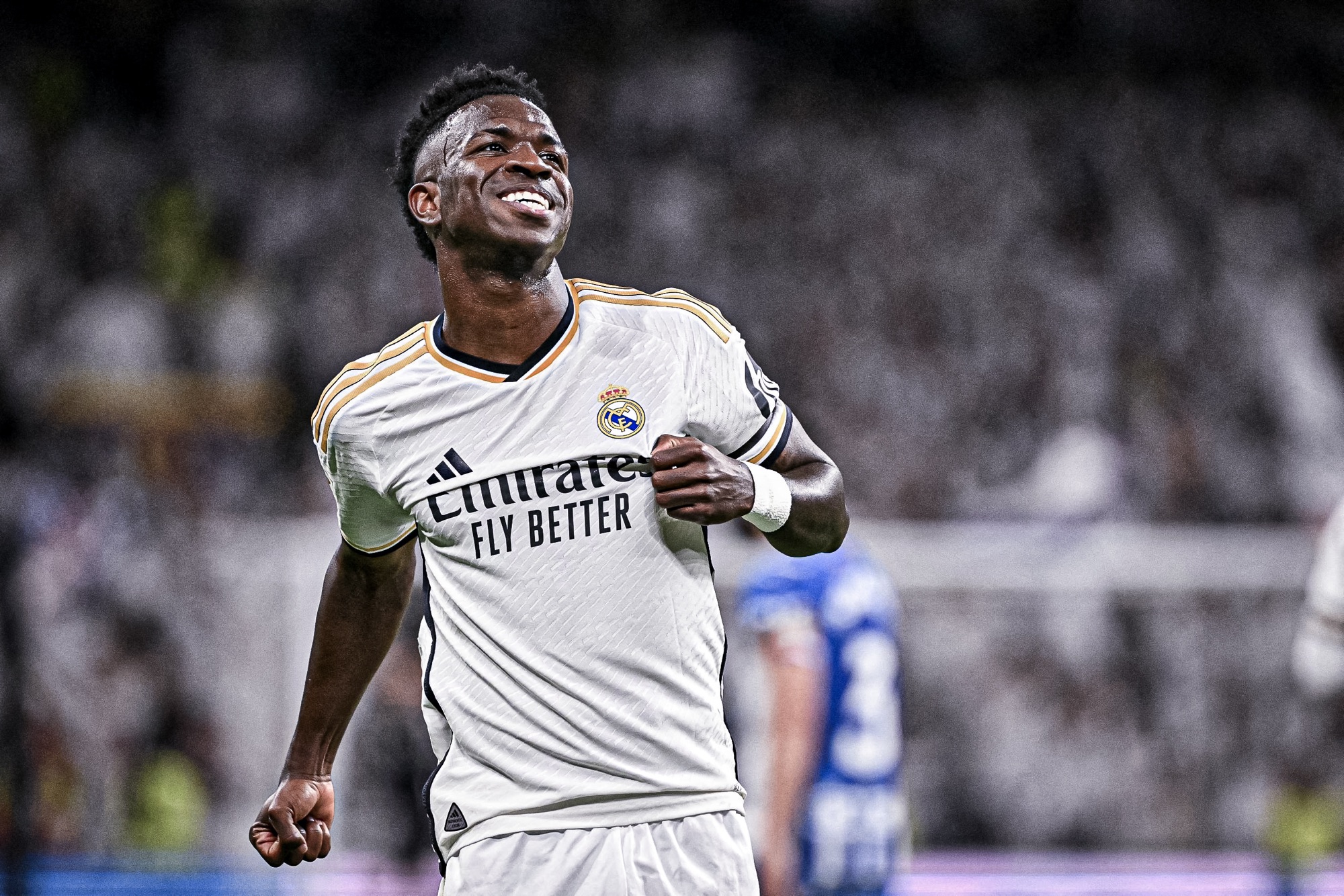Playmakers are often seen as the heart of any football team. They transition the game from defence to attack, manage the game’s pace, and create numerous scoring chances for their team. Key traits of a great playmaker include passing, vision, poise, elegance, technique, balance, flair, control, and the knack for scoring goals.
Although sometimes mistaken for attacking midfielders, playmakers differ in that they aren’t confined to a single position like the No. 10 role. Playmakers can emerge from various areas of the pitch, such as deep-lying playmakers, wide playmakers, or those playing as a ‘false nine’ or in a ‘free role’. Additionally, some playmakers operate from central midfield, moving fluidly between offensive roles and helping build up play in the middle.
Typically, playmakers are not known for their defensive abilities, which is why they are often paired with a defensive midfielder for balance. Many of football’s all-time greats have been playmakers, making it a challenge to narrow down the top ten in history.
10. Cesc Fàbregas
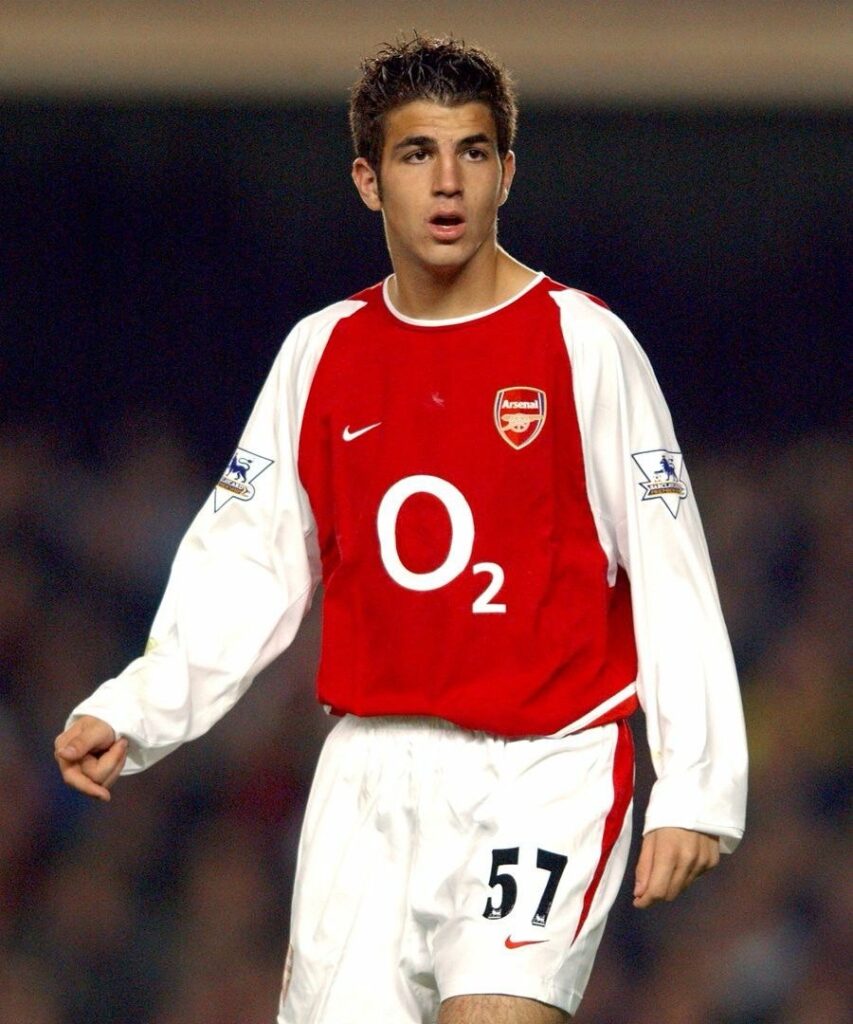
Cesc Fàbregas was one of the youngest captains in football history, showcasing his exceptional playmaking ability from a young age. A key figure for Arsenal, he was celebrated for his vision, creativity, and passing precision.
Fàbregas often operated as a deep-lying playmaker, where his technical skill and vision allowed him to control games, despite not being the fastest player on the pitch. His ability to create goal-scoring opportunities with a single touch made him one of the most influential playmakers of his generation.
9. Andrea Pirlo
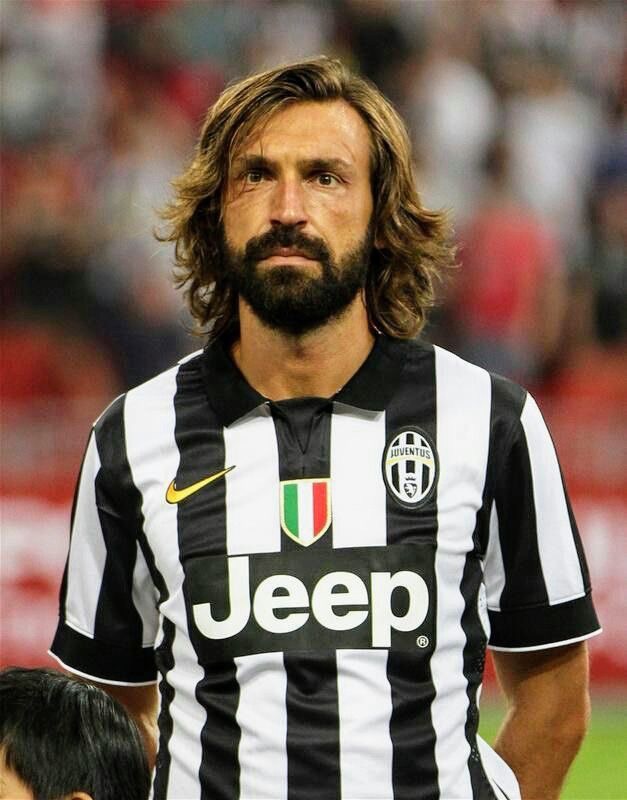
Andrea Pirlo was the epitome of elegance on the ball. His composure, technique, and vision allowed him to dictate the tempo of games from deep positions, making him a master of the deep-lying playmaker role.
Pirlo’s ability to anticipate the flow of play, combined with his incredible passing range, made him one of the most influential playmakers in the game, even as his physical attributes began to decline with age.
8. Andrés Iniesta
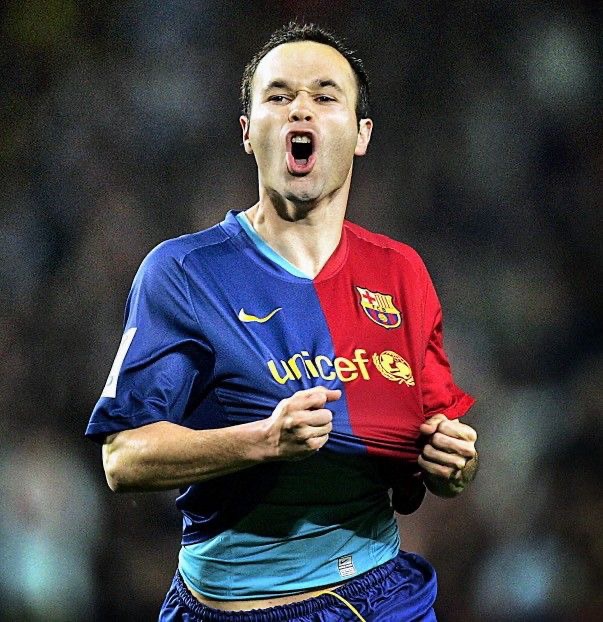
Andrés Iniesta was renowned for his close ball control, balance, and flair, making him a nightmare for defenders in tight spaces. His agility, vision, and exceptional passing cemented his place as one of the greatest midfielders in history.
Despite not being a prolific goalscorer, Iniesta’s contributions in major finals and his ability to shine in big moments—like his winning goal in the 2010 World Cup final—are testament to his immense talent.
7. Michel Platini
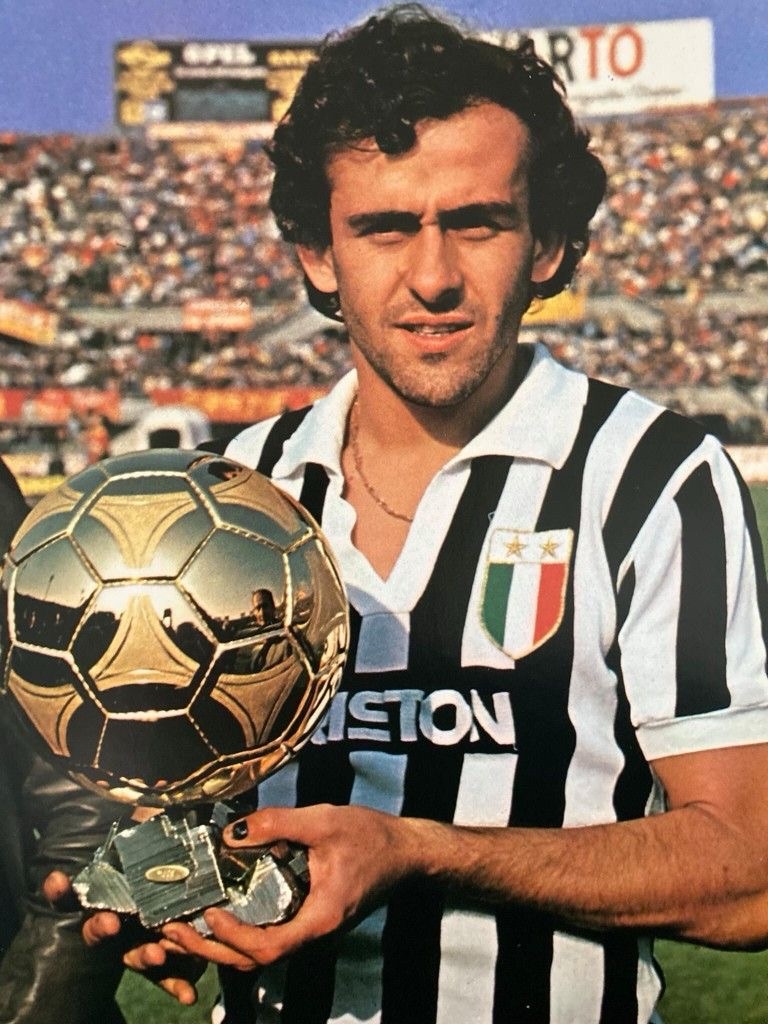
A three-time Ballon d’Or winner, Michel Platini is often regarded as one of the finest passers of the ball. He was also a master of set pieces, excelling at both penalties and free-kicks.
Platini was an elegant and intelligent playmaker, renowned for his ability to read the game and deliver precise passes. He had the vision, technical skill, and creativity needed to orchestrate attacks, while also contributing goals himself.
6. Alfredo Di Stefano
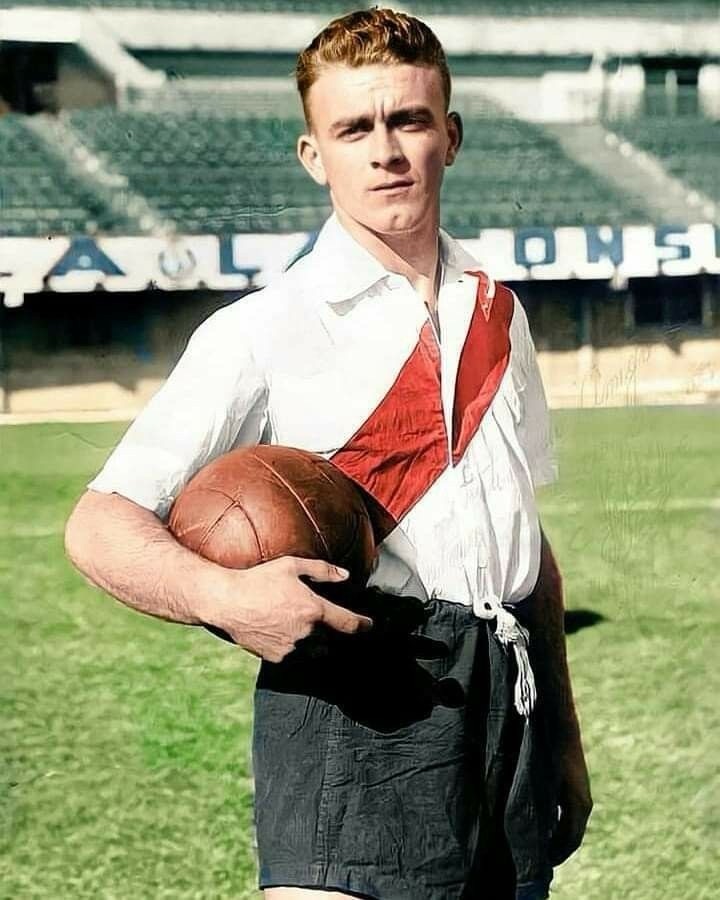
A powerful and versatile player, Alfredo Di Stefano was a prolific goalscorer and a master playmaker. His tactical intelligence, creativity, and vision allowed him to shine in almost any position on the field.
Di Stefano is particularly remembered for his vital role at Real Madrid, where he was instrumental in their dominance in European and domestic football throughout the 1950s and 1960s.
5. Johan Cruyff
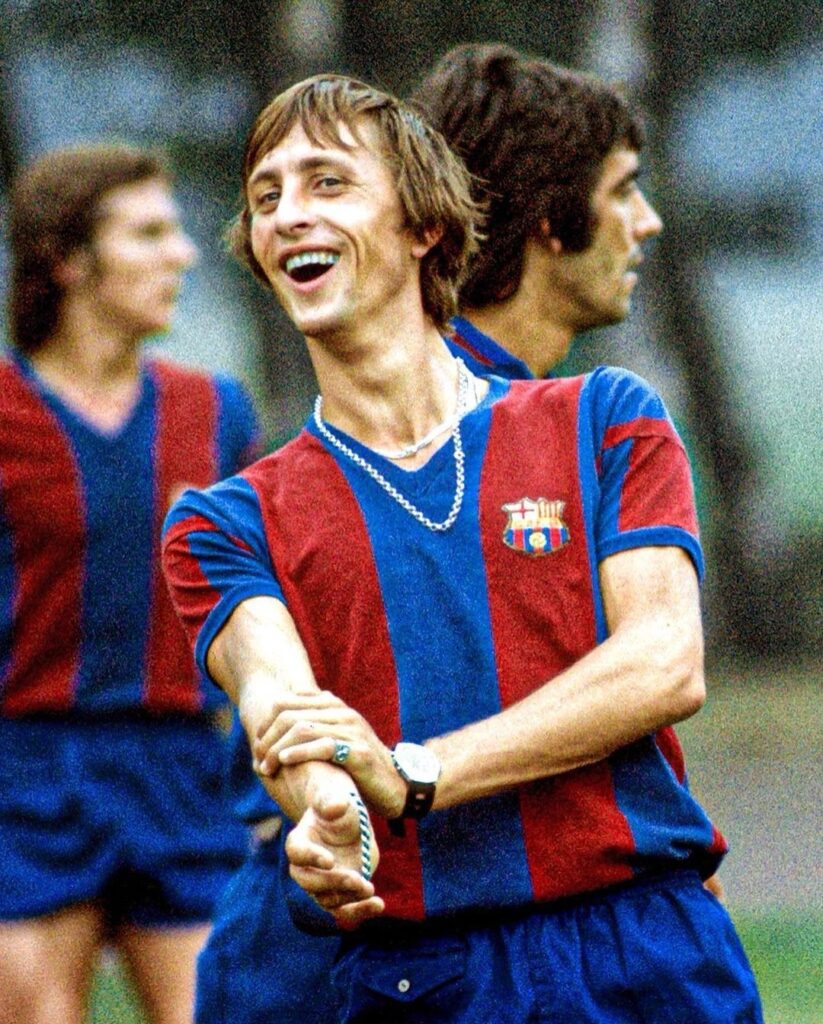
Johan Cruyff, one of modern football’s most influential figures, was a playmaking genius with a sharp eye for timely passes. Known for his technical prowess, speed, acceleration, dribbling, and vision, Cruyff could always spot his teammates’ positions as an attack developed.
His influence transcended his playing days, as his football philosophy shaped generations to come.
4. Zinedine Zidane
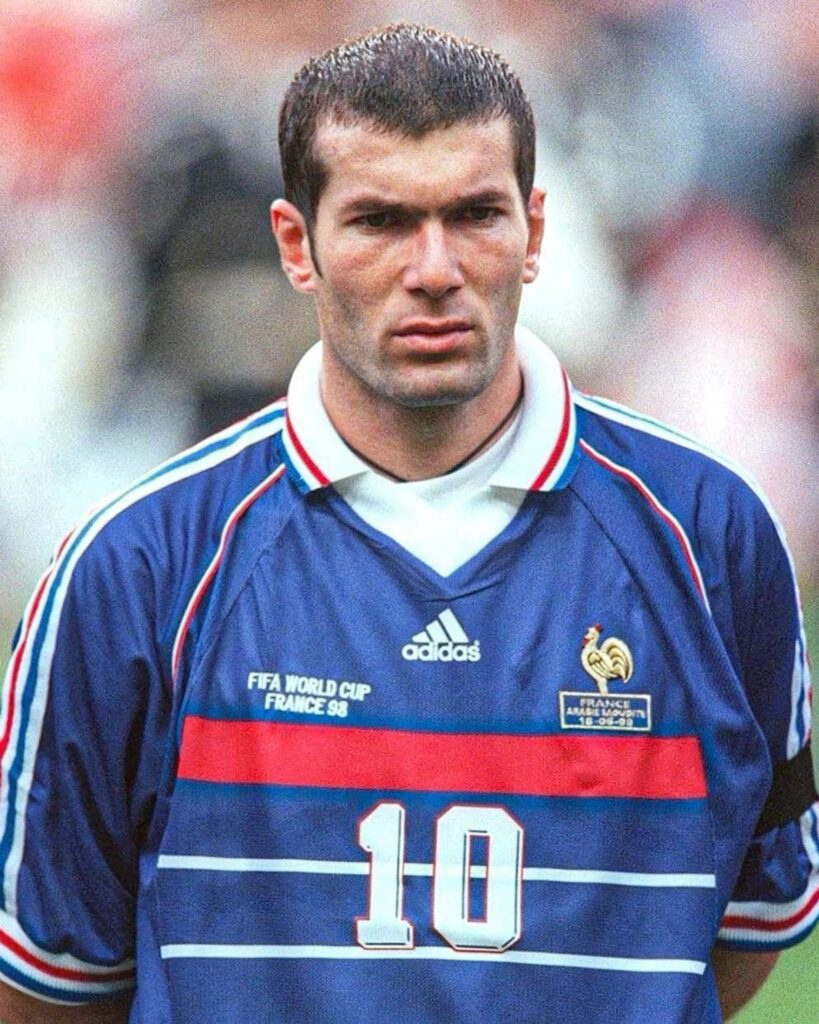
Zidane, an offensive playmaker of the highest calibre, excelled in a free role behind the striker as a classic number 10. His vision, passing, and impeccable ball control were paired with an exceptional first touch and elegant dribbling skills.
He was proficient with both feet, and his flawless technique enabled him to execute powerful volleys and shots from outside the box. His ability to control and orchestrate the game made him a legendary playmaker.
3. Pelé
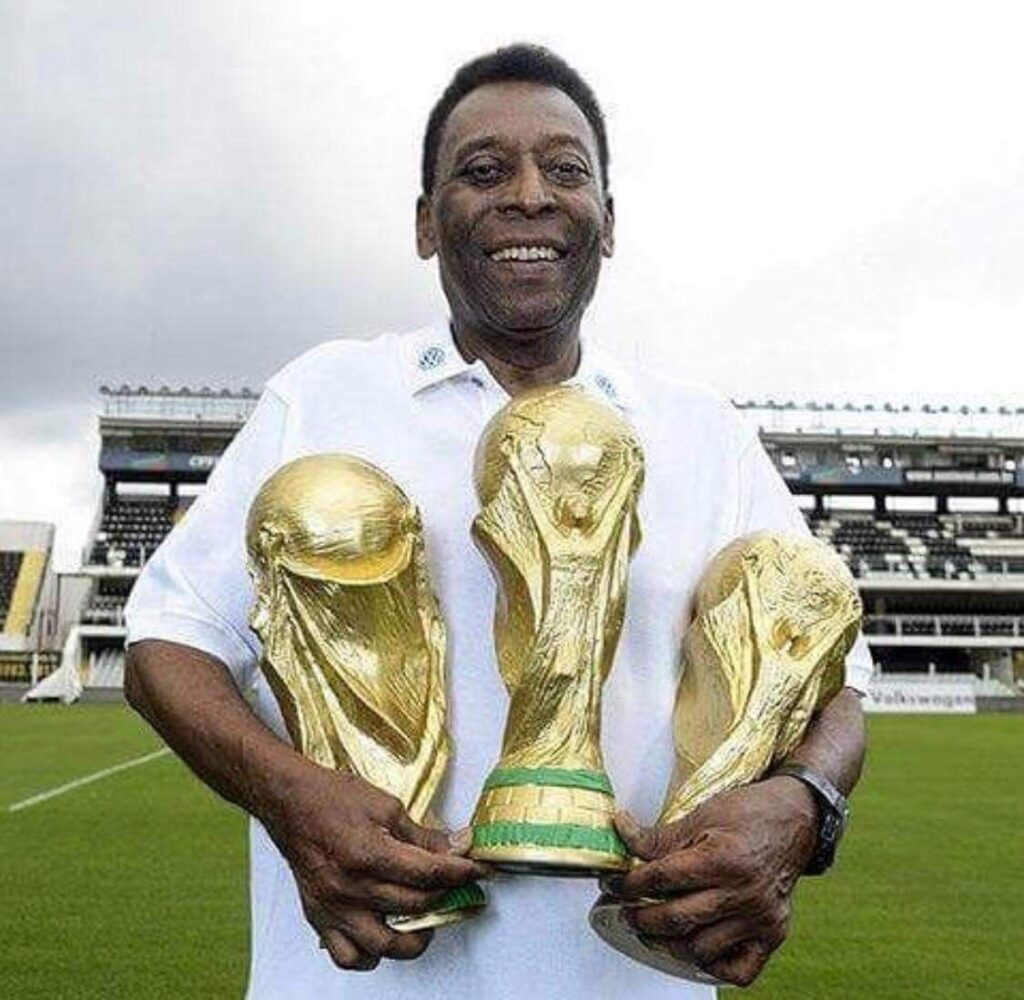
Though mainly a striker, Pelé was adept at dropping deep and acting as a playmaker, using his vision and passing to create chances. His ability to dribble past opponents made him a standout.
Widely considered one of the greatest footballers, Pelé also ranks among the finest playmakers. His exceptional vision, intelligence, and precise passing enabled him to link up well with teammates and assist them in scoring opportunities. Known for his work ethic and teamwork, Pelé regularly dropped back to initiate attacks and carve out chances.
2. Lionel Messi

While Messi is primarily celebrated for his goal-scoring exploits, his vision, passing range, and ability to create chances from seemingly nothing have solidified his status as an elite playmaker.
Messi’s pace and technical prowess allowed him to make solo runs toward goal, especially on counterattacks. As he matured, his dribbling reduced slightly, and he became more of a playmaker, directing the tempo from deeper areas. Messi holds the record for the most assists in La Liga (192) and Copa América (17), marking him as one of the game’s top creators.
1. Diego Maradona
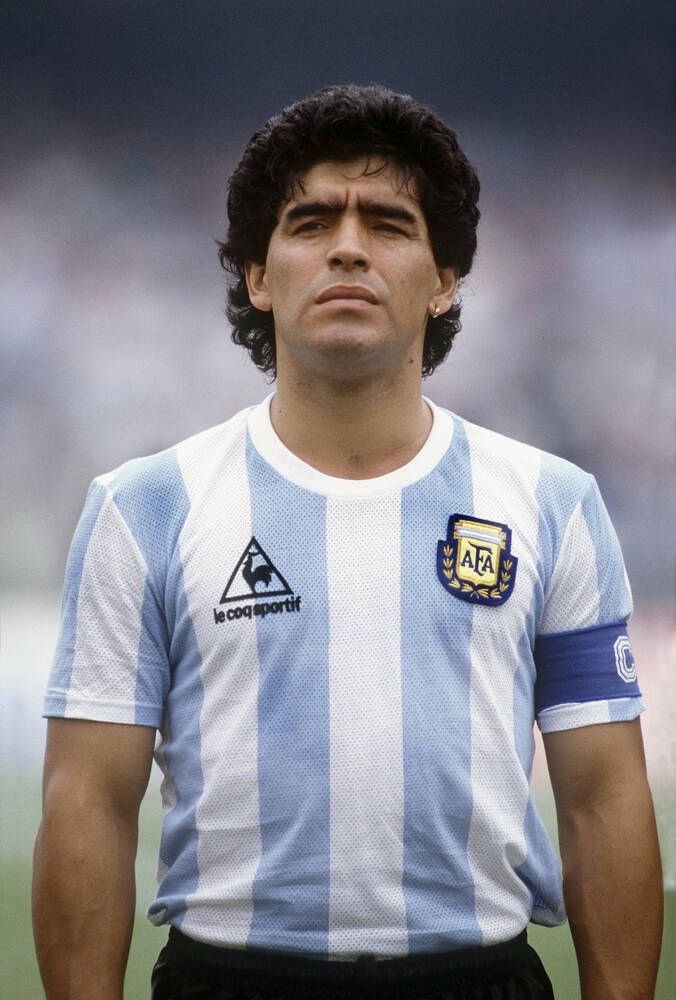
A maestro in the number 10 position, Diego Maradona’s vision, passing, ball control, and dribbling were enhanced by his low centre of gravity, which gave him agility unmatched by others. He thrived in a flexible playmaker role, moving between attacking midfield and second striker, while also occasionally playing deeper in midfield.
Alongside his creative genius, Maradona was lethal in front of goal and renowned as a free-kick expert. He remains one of the best dribblers in the game’s history, earning him the nickname “El Pibe de Oro” or “The Golden Boy,” a title that followed him throughout his career.
Maradona set a world record for transfer fees twice and remains a beloved figure at every club he represented. His legendary status, however, was solidified with his national team. He represented Argentina in four World Cups, most notably in 1986, where he captained the side to glory, winning the Golden Ball as the tournament’s best player.
Honourable Mentions:
Zico, Ronaldinho, Dennis Bergkamp, Michael Laudrup, Socrates, Xavi, Luka Modric, Kevin De Bruyne, Lothar Matthaus, Didi, Juan Roman Riquelme, Neymar, Mesut Ozil.

